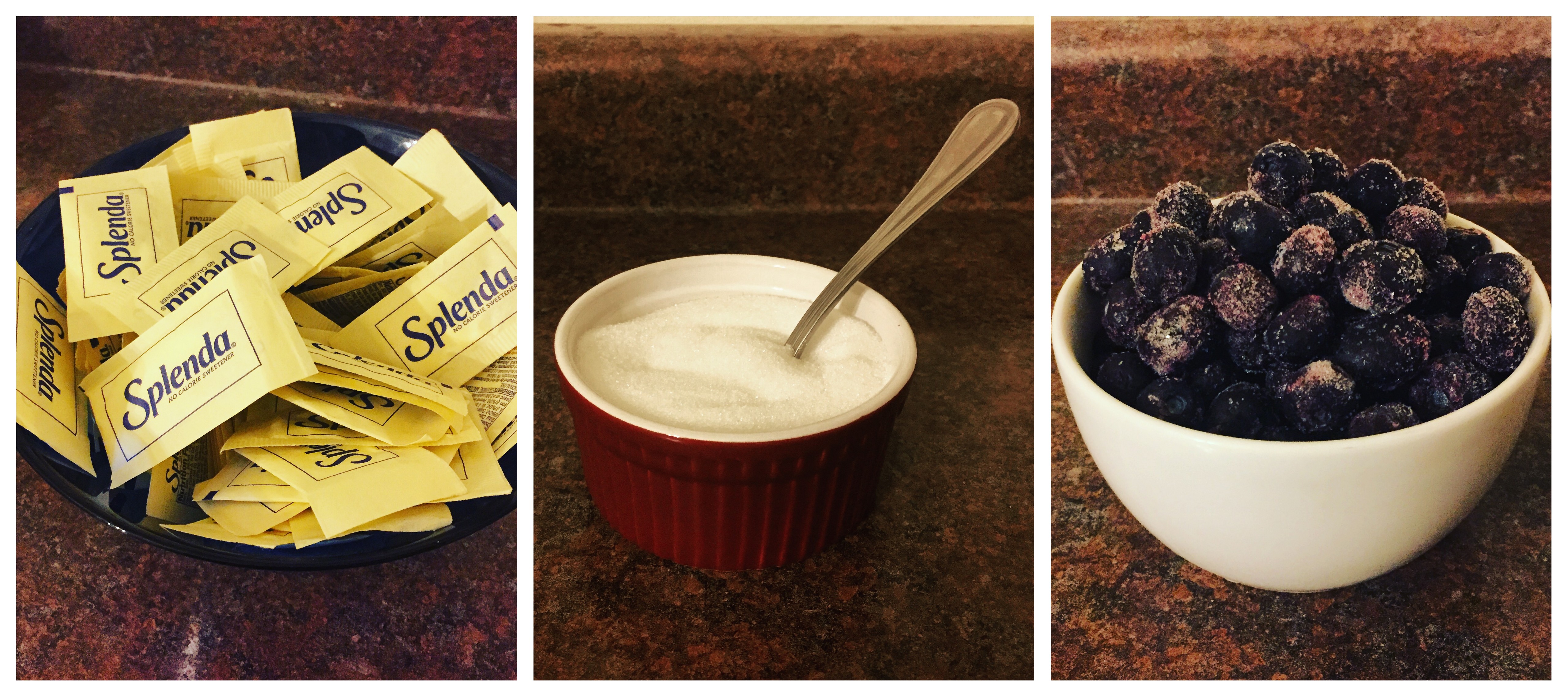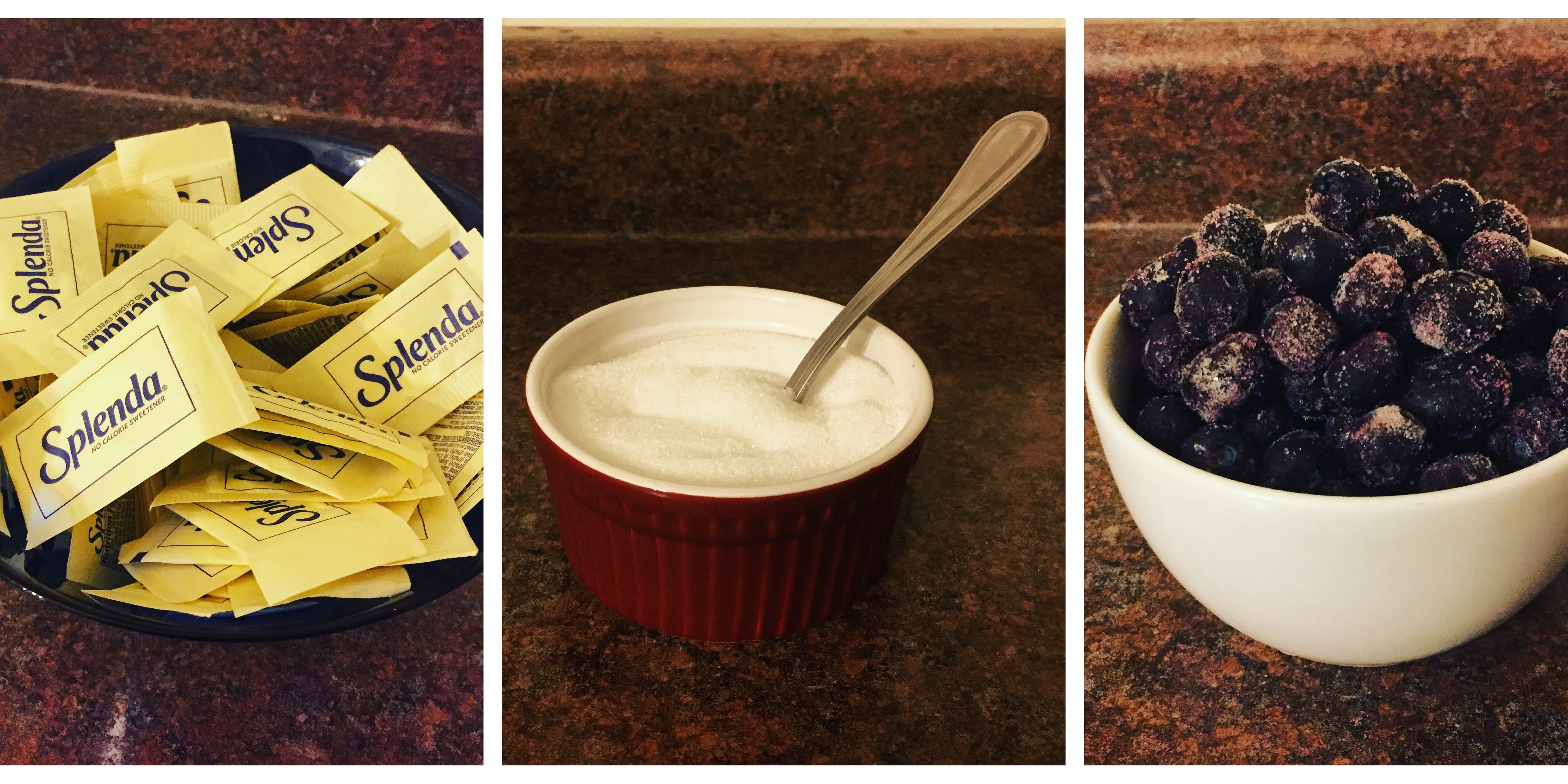 You may have heard the myth that 1 teaspoon of sugar lowers the immune system for 6 hours. But is this really true? Does sugar lower your immune system? Sugar is often blamed as the culprit for serious health issues such as type 2 diabetes, obesity, and immune issues. However, not all sources of sugar are bad for your health. Remember that your body actually needs sugar, and sugar from fruit is good! Because there is a lot of misinformation floating around, I’d like to address this myth and explore the real effects of sugar on the immune system.
You may have heard the myth that 1 teaspoon of sugar lowers the immune system for 6 hours. But is this really true? Does sugar lower your immune system? Sugar is often blamed as the culprit for serious health issues such as type 2 diabetes, obesity, and immune issues. However, not all sources of sugar are bad for your health. Remember that your body actually needs sugar, and sugar from fruit is good! Because there is a lot of misinformation floating around, I’d like to address this myth and explore the real effects of sugar on the immune system.
Does Sugar Lower Your Immune System?
So the big questions are: Does sugar lower your immune system? If not, what are the real effects of sugar on immunity? Well, the idea that 1 teaspoon of sugar compromises immune function for a 6-hour period is simply an urban legend. The only scientific support is a study from 1973, which showed the amount of immune cells responsible for phagocytosis (the process of attacking and consuming waste material in the body) were reduced after sugar was consumed.1 However, this one finding is not enough to build a case against sugar. It is highly possible that the immune cells were reduced because there was less waste to clean up as a result of sugar consumption providing protection against the infection.
Does 1 teaspoon of sugar lower your immune system for 6 hours? The answer is no.
Several recent studies support the conclusion that sugar actually helps fight infection and improves resistance and healing. For instance, it is well known that packing an already infected wound with granulated sugar resolves the infection and induces optimal healing.2 Reliable studies have also shown that honey stimulates immune function for wound healing,3 and molasses seems to activate the immune system as well.4
Furthermore, adding sugar to the diets of unhealthy or obese people increases the inflammation in their bodies, which shows that it is not suppressing the immune system. This has lead to the misinterpretation that it is causing the inflammation. When unhealthy or under stress, your cortisol levels go up. Cortisol suppresses the immune system and delays healing.5 Sugar, on the other hand, helps to combat this effect and lowers cortisol even in people with metabolic disorders causing chronically high cortisol.6 When you eat enough sugar, your cortisol levels go back down and your immune system is allowed to begin the process of restoring damaged tissues. So the increase in inflammation measured is, in fact, the healthy function of your body healing the damage created by stress. The best way to aid the body in turning the tide on chronic inflammation and tissue degeneration is by eating small, healthy meals containing fruit throughout the day. Read my previous post on stress eating for more tips on how you can use nutrition to overcome stress!
What About Artificial Sweeteners?
Sugar does not lower immunity. But fake sweeteners and sugar substitutes do. Artificial sweeteners such as sucralose absolutely suppress the immune system’s healthy response to challenges.7 Sucralose is a common sweetener used in many food products, so be sure to check food labels and avoid eating anything with this ingredient.
Tips for Boosting Your Immunity
Looking for healthy ways to boost your immune system? Here are a few helpful tips!
- Avoid artificial sweeteners and polyunsaturated fatty acids (PUFAs).
- Instead eat honey or use sugar in moderation.
- Drink orange juice.
- Eat a lot of fruit!
How Much Fruit Is Too Much?
To put it simply, it’s pretty much impossible to eat too much fruit. Despite misconceptions about health risks resulting from an overabundance of fructose in the diet, there’s really no limit to how much you can healthily consume. Fruits and fruit juices are rich in vitamins and nutrients that control the healthy moderation of the sugar they contain. Eating large quantities of fruit is good! So eat up!
Enjoy learning about health from a scientific perspective and digging into the truth behind popular notions in nutrition and fitness? Sign up for my monthly newsletter.
References
- Albert Sanchez JL, Reeser HS, Lau PY, et al. Role of sugars in human neutrophilic phagocytosis. Am J Clin Nutr 26, No. 11 (Nov 1973): 1180-1184. http://ajcn.nutrition.org/content/26/11/1180.abstract
- Trouillet JL, Chastre J, Fagon JY, et al. Use of granulated sugar in treatment of open mediastinitis after cardiac surgery. Lancet 2, No. 8448 (Jul 1985): 180-184. http://www.ncbi.nlm.nih.gov/pubmed/2862372
- Tonks AJ, Cooper RA, Jones KP, et al. Honey stimulates inflammatory cytokine production from monocytes. Cytokine 21, No. 5 (Mar 2003): 242-247. http://www.ncbi.nlm.nih.gov/pubmed/12824009
- Rahiman F, Pool EJ. The effects of Saccharum officinarium (sugar cane) molasses on cytokine secretion by human blood cultures. J Immunoassay Immunochem 31, No. 2 (2010): 148-159. http://www.ncbi.nlm.nih.gov/pubmed/20391026
- Coutinho AE, Chapman KE. The anti-inflammatory and immunosuppressive effects of glucocorticoids, recent developments and mechanistic insights. Mol Cell Endocrinol 335, No. 1 (Mar 2011): 2-13. http://www.ncbi.nlm.nih.gov/pmc/articles/PMC3047790/
- Fernández-Real JM, Ricart W, Casamitjana R. Lower cortisol levels after oral glucose in subjects with insulin resistance and abdominal obesity. Clin Endocrinol (Oxf) 47, No. 5 (Nov 1997): 583-588. http://www.ncbi.nlm.nih.gov/pubmed/9425398
- Rahiman F, Pool EJ. The in vitro effects of artificial and natural sweeteners on the immune system using whole blood culture assays. J Immunoassay Immunochem 35, No. 1 (2014): 26-36. http://www.ncbi.nlm.nih.gov/pubmed/24063614







